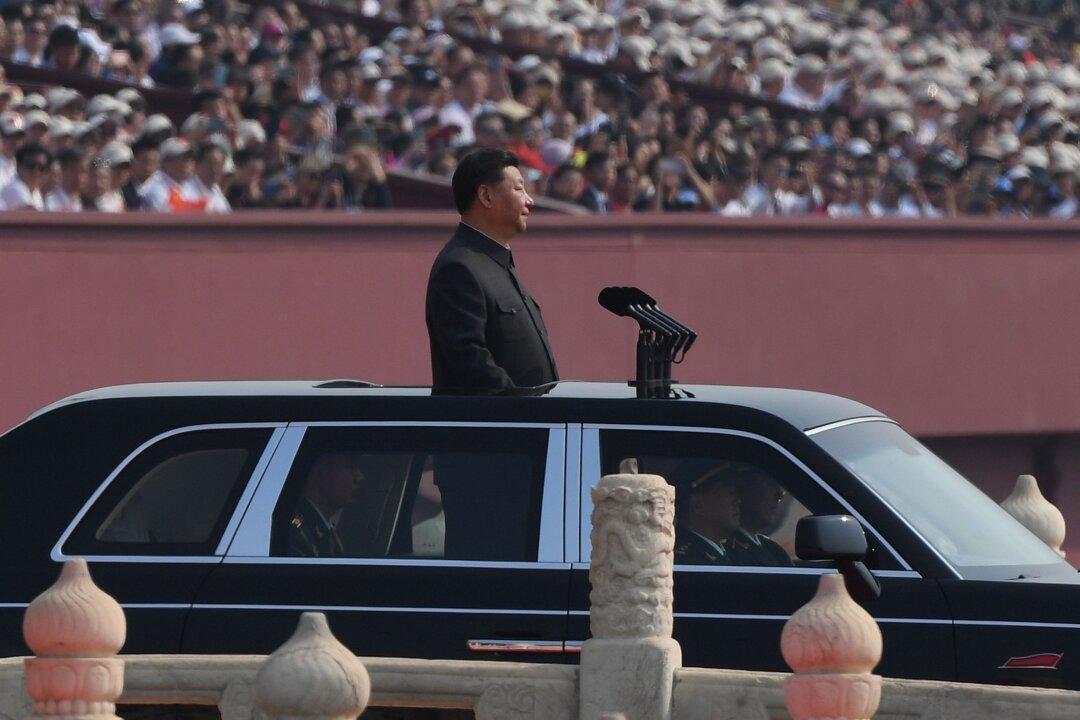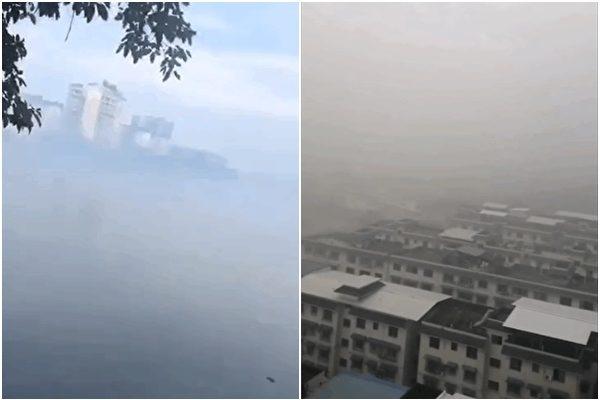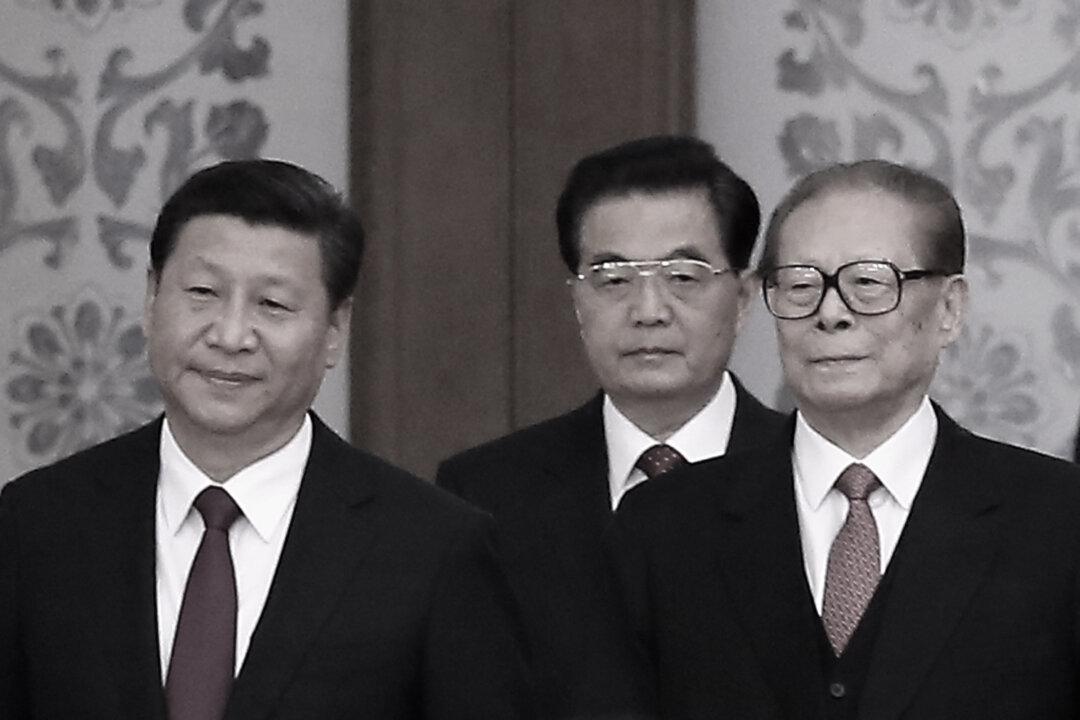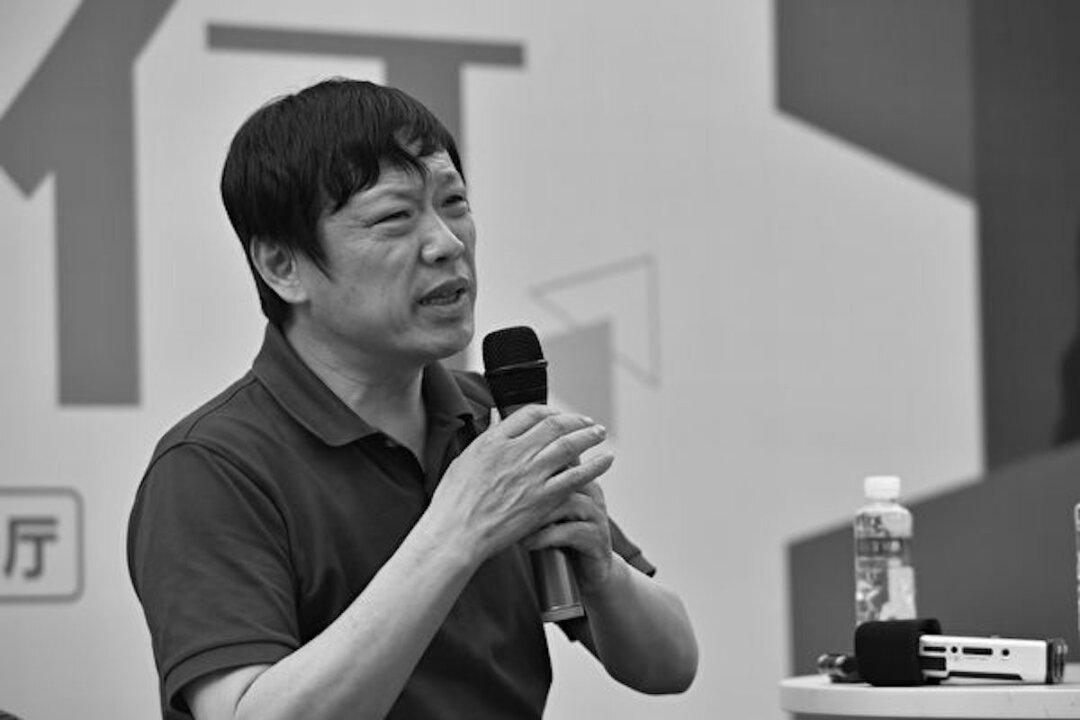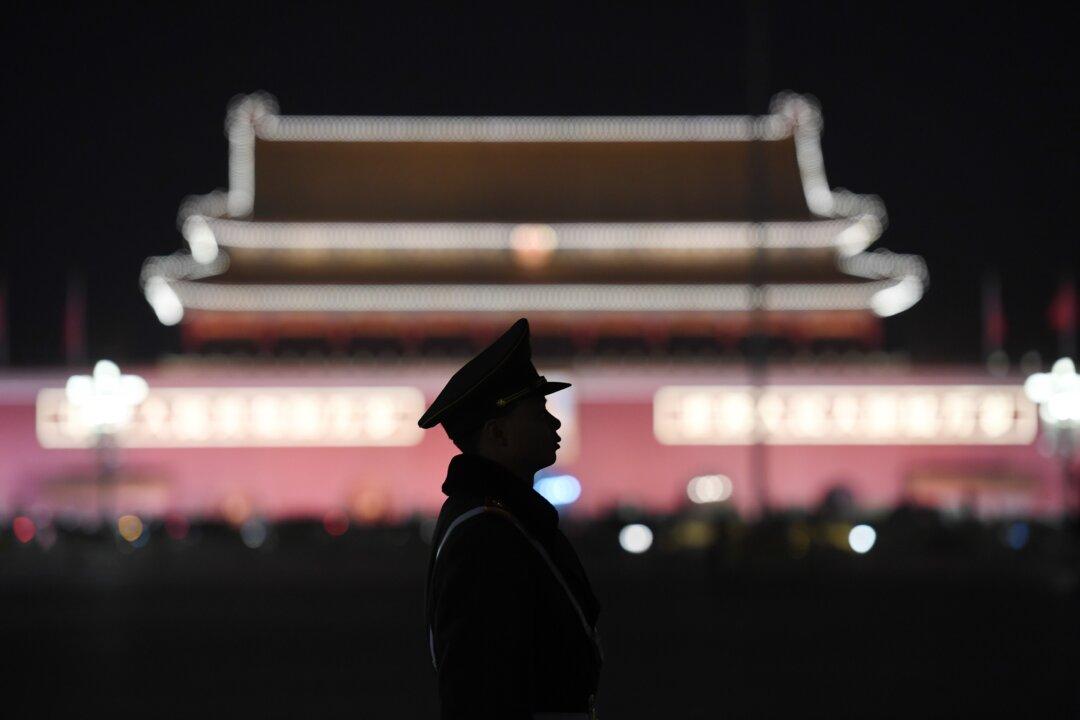Chinese leader Xi Jinping faces tremendous pressure as a result of the Hong Kong protests, the U.S.–China trade war, and domestic crises, two insiders told The Epoch Times ahead of National Day, the 70th anniversary of the Communist Party’s takeover of China on Oct. 1.
In addition, two factions within the Chinese leadership that are at odds with each other have stepped up their criticism of Xi’s handling of major political affairs.
